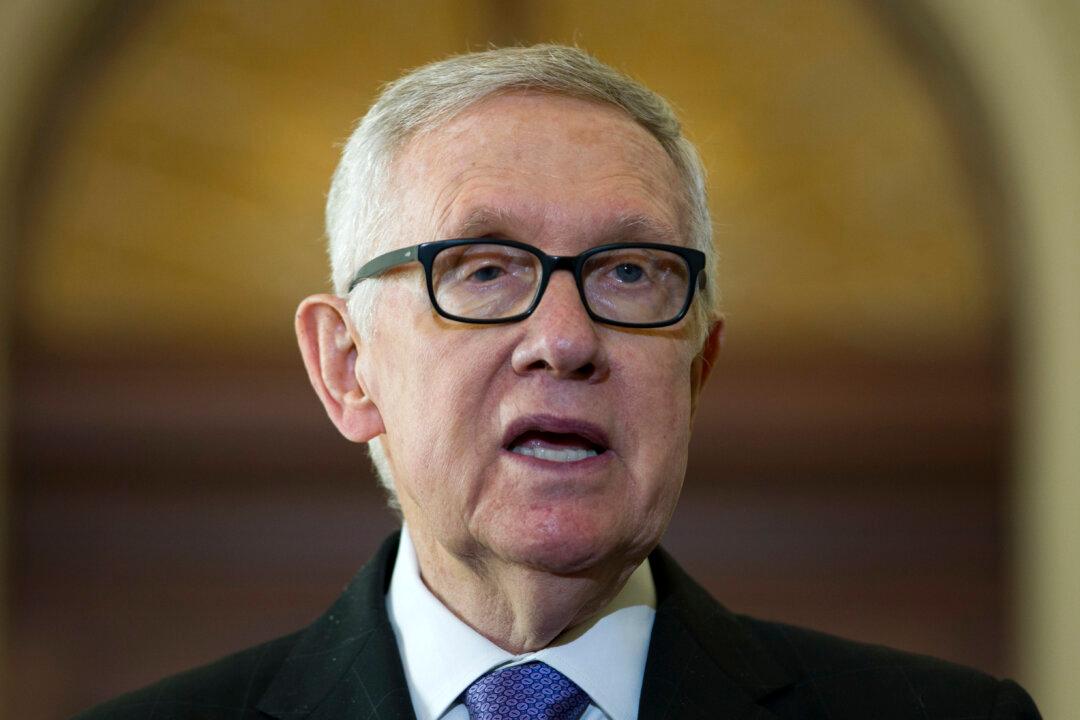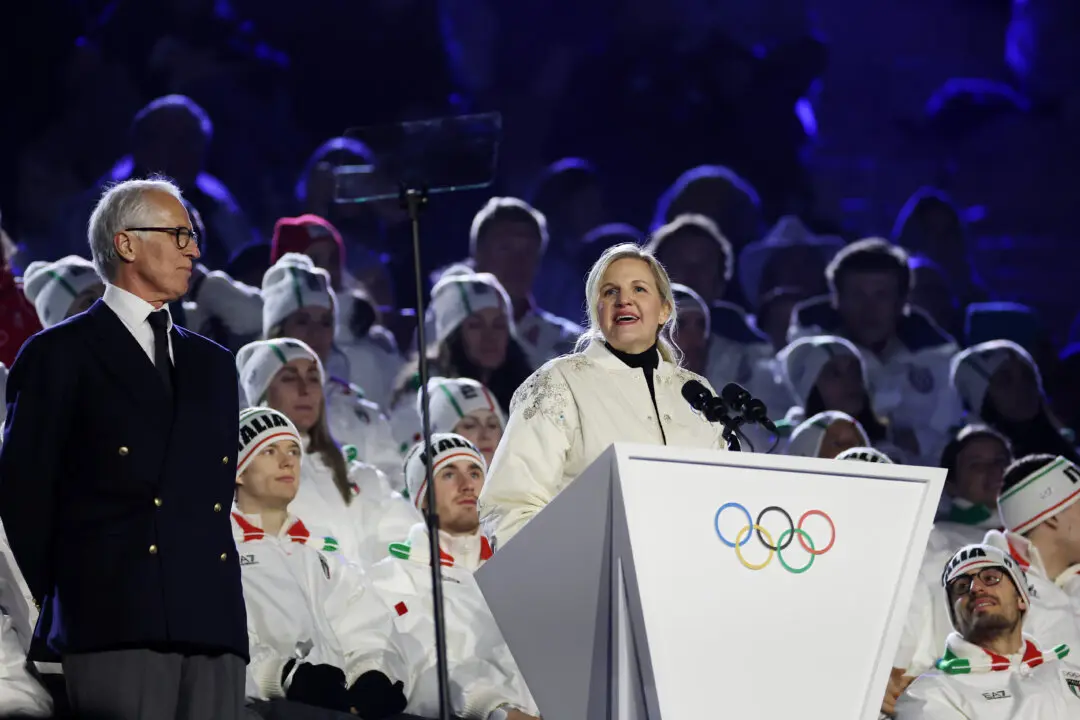WASHINGTON—The Senate is poised to reject President Barack Obama’s veto of a bill that would allow the families of Sept. 11 victims to sue the government of Saudi Arabia even as lawmakers express fears the legislation could backfire on the United States.
A group of senators pledged to find ways to improve the measure during a post-election, lame-duck session of Congress, but an override of Obama’s veto scheduled for Wednesday appeared all but certain. With elections just over a month away, many lawmakers are reluctant to oppose a measure backed by 9/11 families who say they are still seeking justice 15 years after the attacks that killed nearly 3,000 people.
“I will bet that Obama’s veto will not be sustained,” said Harry Reid of Nevada, the Senate’s top Democrat.
In a last-minute bid to block the bill from becoming law, Defense Secretary Ash Carter warned the Justice Against Sponsors of Terrorism Act could be devastating to the U.S. military.
In the admonition, detailed in a letter to a senior member of Congress and released Tuesday, Carter said he’s sympathetic to the intent of the measure. But the legislation could lead to the public disclosure of American secrets and even undercut counterterrorism efforts by sowing mistrust among U.S. partners and allies, according to Carter.
After the Senate votes, the House is expected to follow before lawmakers depart Washington to campaign. If the House also overrides, the bill would become law. During his nearly two full terms in office, Obama has never had a veto overridden by Congress.
Sen. Dianne Feinstein of California, the top Democrat on the Senate intelligence committee, said Tuesday that she and her colleagues didn’t pay close enough attention to the bill’s potential ramifications when it moved to the floor under a procedure known as unanimous consent.
“And, boy, is that ever a lesson learned,” Feinstein said.
The legislation gives victims’ families the right to sue in U.S. court for any role that elements of the Saudi government may have played in the 2001 attacks. Fifteen of the 19 Sept. 11 hijackers were Saudi nationals.
Courts would be permitted to waive a claim of foreign sovereign immunity when an act of terrorism occurs inside U.S. borders, according to the terms of the bill. Saudi Arabia has objected vehemently to the legislation.
Obama vetoed the measure last week, telling lawmakers the bill would make the U.S. vulnerable to retaliatory litigation in foreign courts that could put U.S. troops in legal jeopardy. The bill’s proponents have disputed Obama’s rationale as “unconvincing and unsupportable,” saying the measure is narrowly tailored and applies only to acts of terrorism that occur on U.S. soil.
But Obama said foreign governments would be able to act “reciprocally” and allow their courts to exercise jurisdiction over the United States and its employees for allegedly causing injuries overseas through American support to third parties. He cited as notional examples actions that might be taken overseas by U.S.-backed armed militias and the improper use by foreign forces of American military equipment.
Carter amplified Obama’s concerns in a Sept. 26 letter to Rep. Mac Thornberry of Texas, the Republican chairman of the House Armed Services Committee and an opponent of the legislation. Thornberry last week urged his GOP colleagues to let Obama’s veto stand.
In the letter, Carter described the potential for litigants to seek classified intelligence data and analysis and sensitive operational information to establish their cases in what could be an “intrusive discovery process.”
If the U.S. were sued overseas, a foreign court would decide whether the information should be protected from disclosure, he said. Paradoxically, the information could be central to a defense against the accusations.
“Disclosure could put the United States in the difficult position of choosing between disclosing classified or otherwise sensitive information or suffering adverse rulings and potentially large damage awards for our refusal to do so,” Carter wrote.
Whether or not a case has merit, the U.S. would still have to defend itself or its troops against private litigants in foreign courts, Carter added. That raises the possibility of service members who refuse to appear or refuse to divulge classified information being held in civil or criminal contempt by the foreign court, according to Carter.
Kristen Breitweiser, a 9/11 widow and co-chair of September 11th Advocates, criticized Carter’s assessment, saying that the defense secretary had testified before Congress last week that he wasn’t an expert on the bill.





